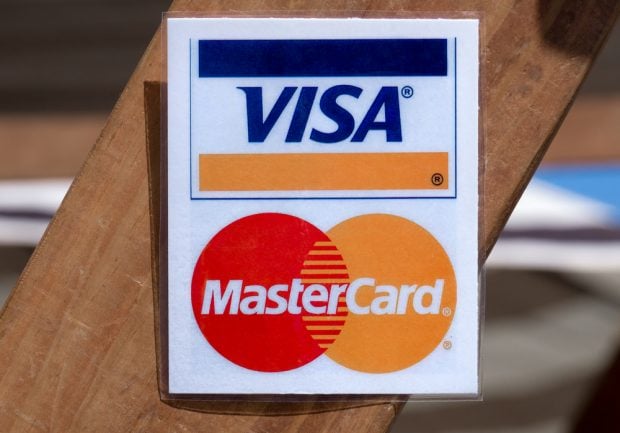Capping debit interchange rates for large-asset issuers hasgiven consumers more access to no-fee checking accounts, not less,according to research from the Federal Reserve Bank of KansasCity.
|The study, authored by the bank's senior economist, RichardSullivan, has been submitted for publication in an upcoming editionof the Economics Review.
|The debit interchange cap was the chief result of the Durbin Amendmentto the Dodd-Frank Act. It caps debit interchange for issuers ofover $10 billion and demands the debit issuers provide multiplenetworks for processing debit transactions.
|Prior to its passage, opponents predicted that capping debitinterchange income would lead financial institutions to add morefees to checking accounts in an attempt to recoup lost debitinterchange revenue. The study found some large-asset debit issuersdid start adding fees to some of their accounts, but it also foundthat many other did not.
|“Regulated banks were more likely to raise checking accountfees, but exempt banks were more likely to reduce or eliminatefees.” Sullivan wrote. “Thus, consumers' net increase in access tofree checking stemmed mainly from the greater availability of freechecking at exempt banks.
|“At some banks, both regulated and exempt, there were also otherchanges in the terms of the checking accounts offered to consumers.This article finds evidence that access to free checking hasexpanded most in cities and regions where banks are engaged invigorous competition: banks in such markets may offer free checkingto attract customers from other banks or to ensure retention oftheir own established customers.”
|The study only included banks in the grouping of financialinstitutions which live under the cap as well as those who donot.
|The Merchant Payments Coalition, an association of retailers andretail associations which lobbied Congress before the Durbin capand who defends the idea of a debit cap, celebrated the study.
|“This important study puts to rest the myth that big banks useto complain about reform limiting their ability to fix prices. Thebottom line is that consumers win and competition is strengthenedwhen debit fees are reduced,” said Doug Kantor, counsel to theMerchants Payments Coalition.
Complete your profile to continue reading and get FREE access to CUTimes.com, part of your ALM digital membership.
Your access to unlimited CUTimes.com content isn’t changing.
Once you are an ALM digital member, you’ll receive:
- Critical CUTimes.com information including comprehensive product and service provider listings via the Marketplace Directory, CU Careers, resources from industry leaders, webcasts, and breaking news, analysis and more with our informative Newsletters.
- Exclusive discounts on ALM and CU Times events.
- Access to other award-winning ALM websites including Law.com and GlobeSt.com.
Already have an account? Sign In
© 2024 ALM Global, LLC, All Rights Reserved. Request academic re-use from www.copyright.com. All other uses, submit a request to [email protected]. For more information visit Asset & Logo Licensing.









